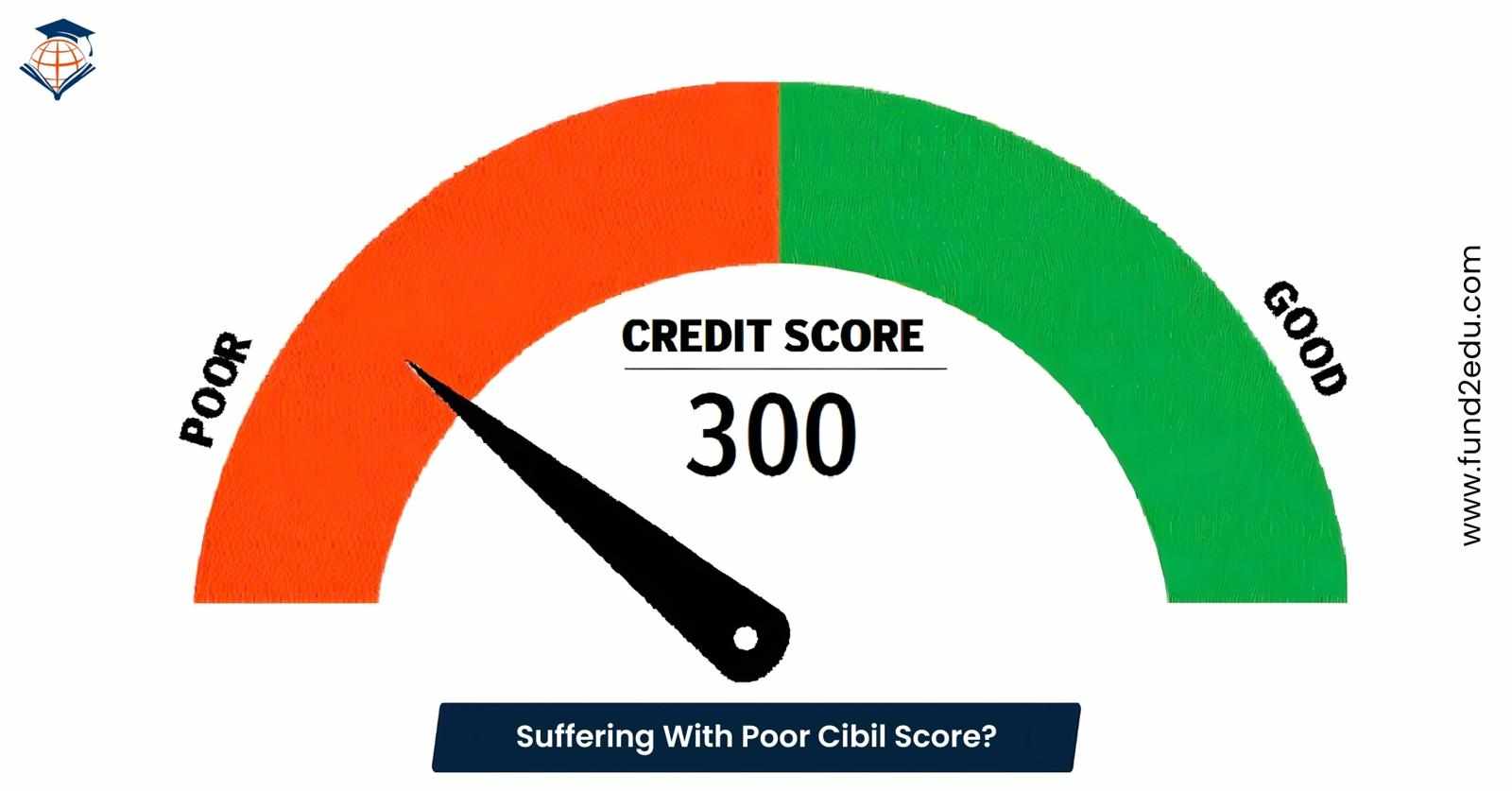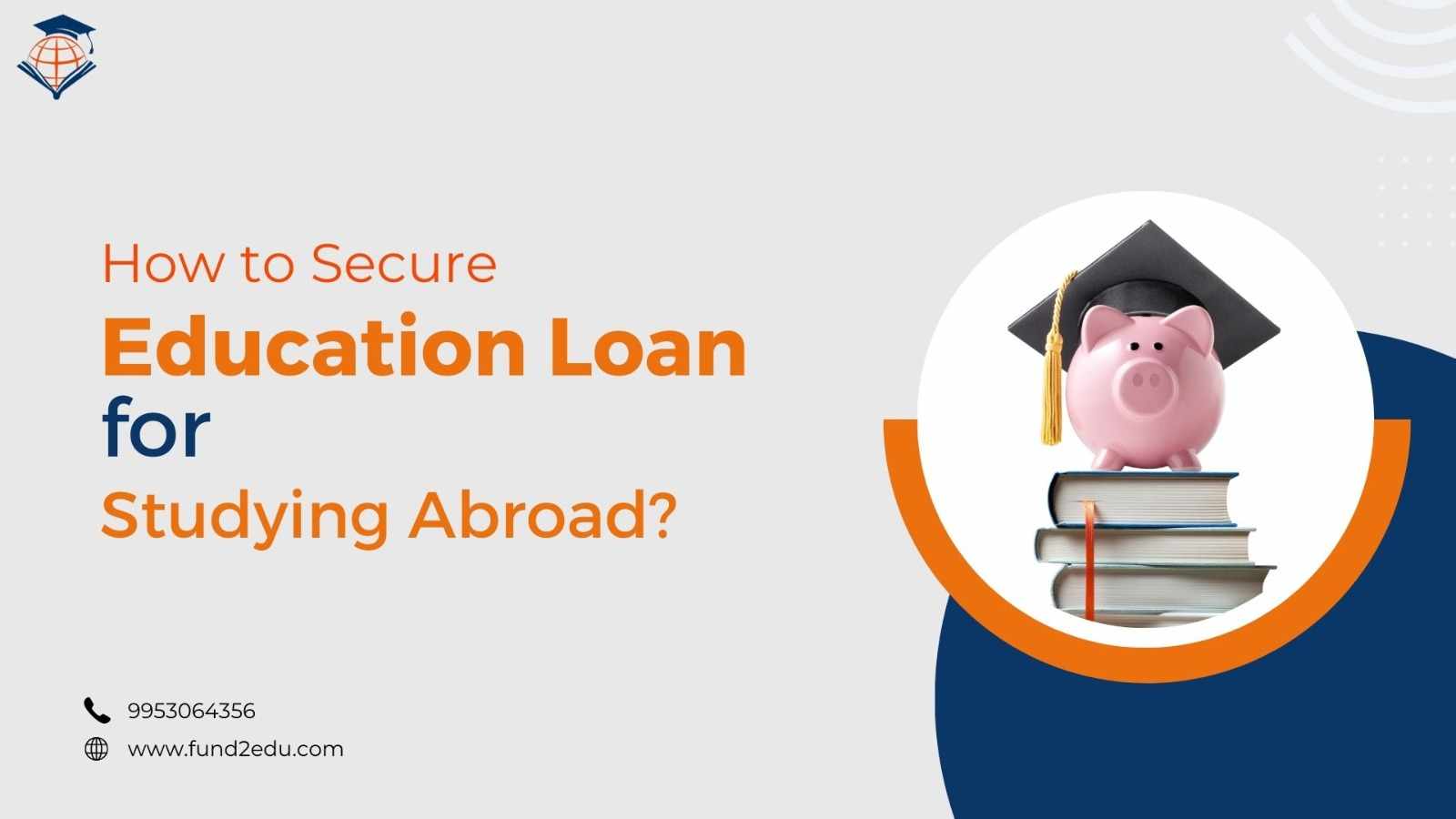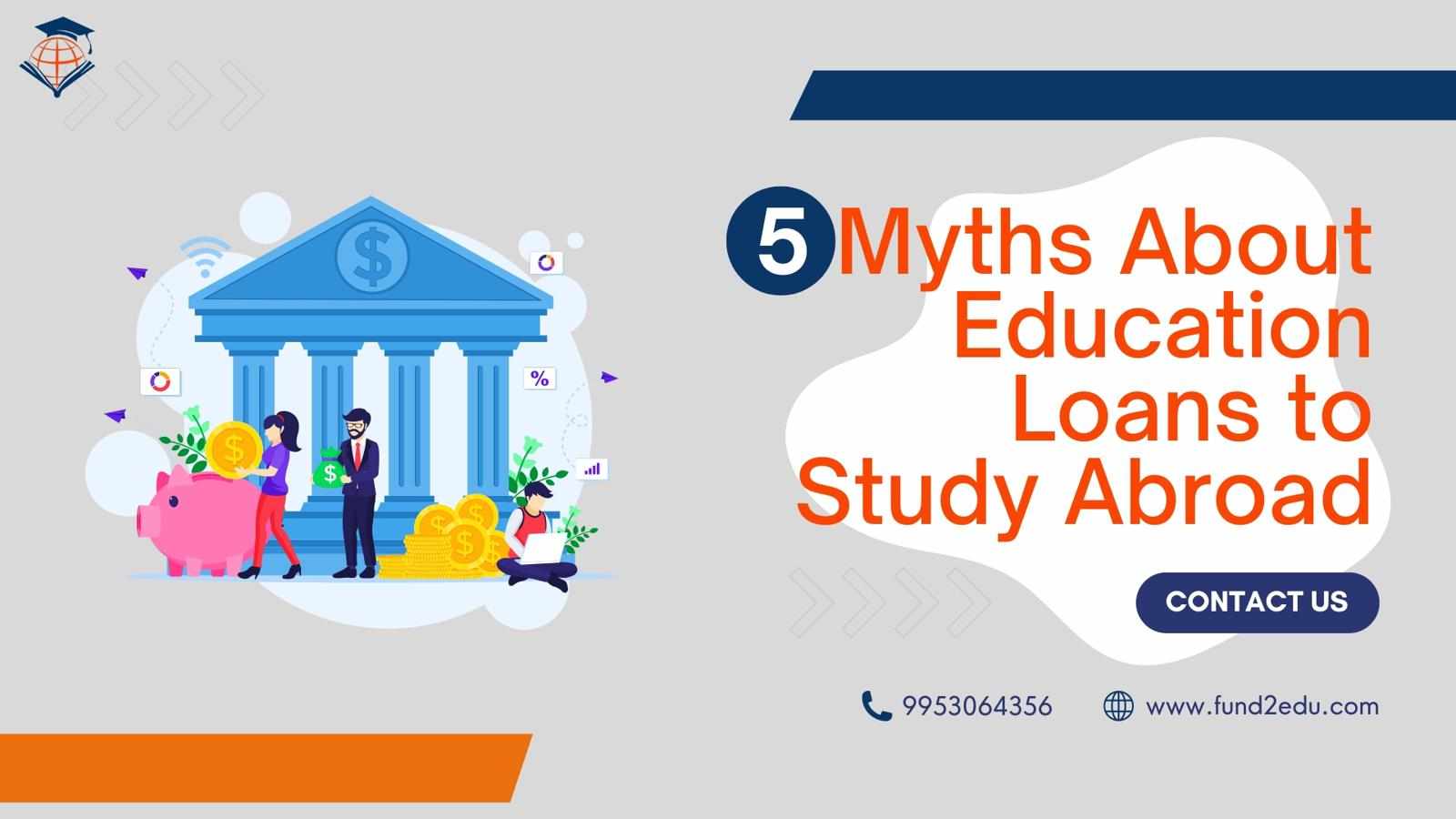
Choosing the best lender is a crucial decision, whether you're seeking a secured or unsecured education loan to study abroad. Several factors should be considered to ensure you're selecting the most suitable lender for your needs. Here's a detailed breakdown of the key factors to evaluate while choosing a lender:
Interest Rates and Fees: Interest rates determine the cost of borrowing money and even a slight difference in rates can significantly impact the overall cost of your loan. Compare the interest rates offered by different lenders and be mindful of any additional fees such as origination fees, closing costs, or prepayment penalties.
Loan Terms: Evaluate the loan terms offered by each lender, including the repayment period, monthly payments and whether the interest rate is fixed or variable. Choose a loan with terms that align with your financial situation and long-term goals.
Reputation and Credibility: Research the lender's reputation and credibility in the industry. Look for reviews, testimonials and ratings from past clients to gauge their reliability, customer service, and transparency. Check if the lender is licensed and accredited by regulatory bodies.
Customer Service: Assess the quality of customer service provided by the lender. Consider factors such as responsiveness, accessibility and the willingness to address your concerns or answer your questions promptly and comprehensively.
Loan Options: Determine whether the lender offers a variety of loan products that meet your specific needs. Some lenders specialize in certain types of loans, such as mortgages or small business loans, while others offer a broader range of financial products.
Approval Criteria: Understand the lender's eligibility requirements and approval criteria. Some lenders have strict criteria regarding credit scores, income levels and debt-to-income ratios, while others may be more flexible. Choose a lender whose criteria you meet to improve your chances of approval.
Speed and Efficiency: Consider the speed and efficiency of the loan application and approval process. Inquire about the average time it takes for the lender to process applications, make decisions and disburse funds. Opt for a lender that offers a streamlined and efficient process to avoid unnecessary delays.
Financial Stability: Evaluate the financial stability and strength of the lender. A financially stable lender is more likely to handle tough times in the economy and continue serving its customers without disruptions. Look for indicators such as profitability, asset quality and capital adequacy.
Transparency and Clarity: Pay attention to the transparency and clarity of the lender's terms and conditions. Ensure that all fees, charges and terms are clearly disclosed and explained in the loan agreement. Avoid lenders who use deceptive practices or obscure terms.
Flexibility and Options for Repayment: Consider whether the lender offers flexibility and options for repayment, such as the ability to make extra payments or adjust the repayment schedule. Choose a lender that accommodates your financial circumstances and offers repayment options that suit your needs.
Refinancing Options: Explore whether the lender offers refinancing options in case you need to renegotiate the terms of your loan in the future. Refinancing can help you secure better terms or lower interest rates, saving you money over the life of the loan.
Accessibility and Technology: Assess the accessibility and technological capabilities of the lender. Look for features such as online account management, mobile apps and digital loan application processes that make it convenient to interact with the lender and manage your loan.
By carefully evaluating these factors, you can choose the best lender that offers favorable terms, excellent customer service and a smooth borrowing experience tailored to your needs and preferences.




.jpg)









.jpg)





Write a comment ...